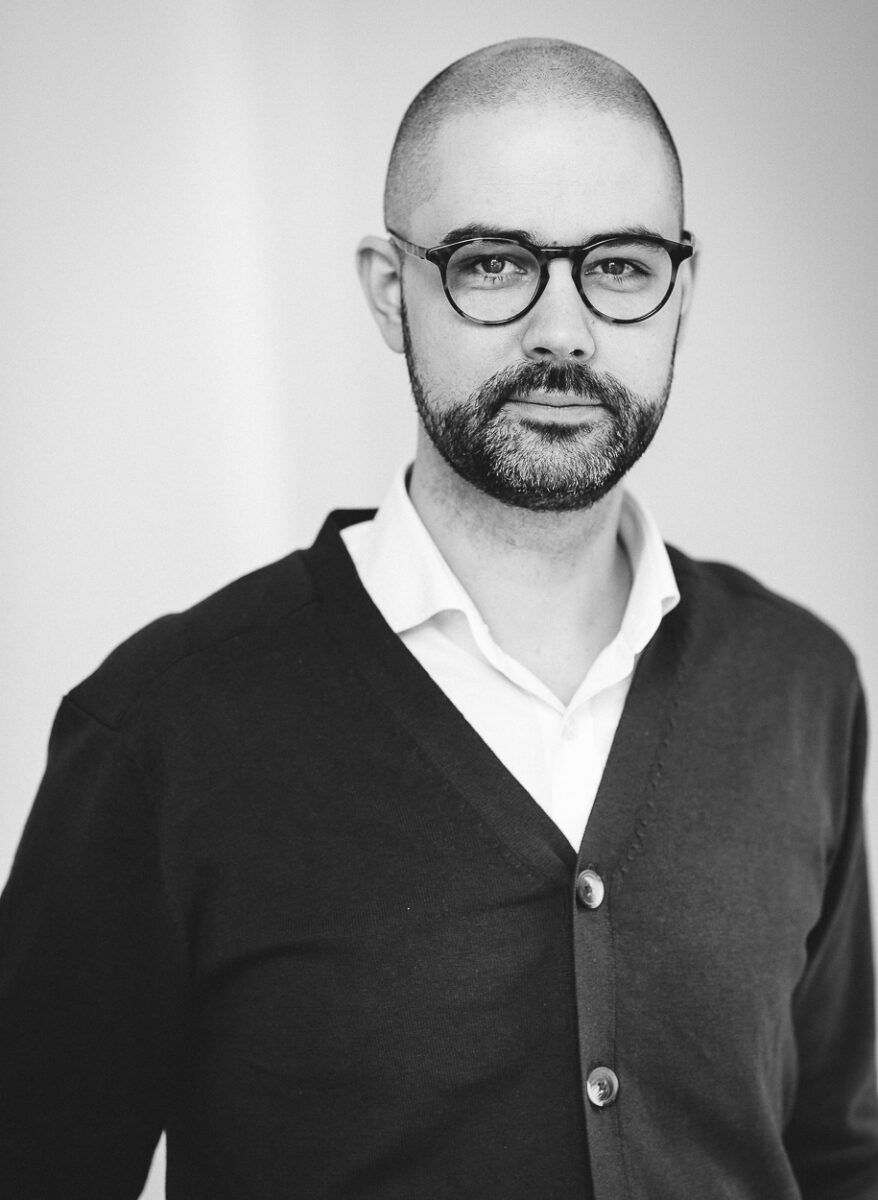In the book Invisible Participation, we investigate whether there are multiple perspectives on an equal entrepreneurship and, if so, how we address them. We also examine the tension between two government mandates: promoting entrepreneurship and promoting gender equality. This book is based on the research of Matilda Eriksson and written by Joakim Hedberg. Producer of the book is Linköping Science Park.

What comes to mind when you consider the intersection of entrepreneurship and equality? Are you envisioning a greater presence of non-male entrepreneurs, increased representation of women in leadership roles, or the development of more products and services tailored for female users?
The book Invisible Participation discusses the intersection of two government mandates – promoting entrepreneurship and gender equality. It expands the understanding of what gender equality entails in the context of entrepreneurship and business. It also amplifies new voices and perspectives to facilitate discussions on how to utilize this newfound knowledge.

The theme of the book holds national significance, meaning that everyone can benefit from reading it. From change leaders to passionate entrepreneurs, investors and the business support system.
“By addressing these topics and allowing different perspectives to be heard, we hope that this book can be the starting point of necessary discussions about entrepreneurship and gender equality in today’s society.”
– Fredrik Larsson, Digital Strategist & Communications Manager at Linköping Science Park.
Photo: Christine Engström

The first time I heard Matilda Eriksson, doctor of business administration at Stockholm University, present the results of her research, it was as if the roof of the auditorium lifted. How could we have missed these perspectives at work? I have to admit that my point of departure on equality was about how we could encourage more women to become entrepreneurs, managers, directors, investors and owners. And to help inspire more children and young adults – especially girls – to learn how to code.
As innovation-support systems, we often talk about our role and responsibility. We are a kind of intervening agent operating across boundaries and promoting a wide variety of processes. We are incubators, science parks and innovation hubs. We are human-centred go-betweens, liaising between research and the private and public sectors. How we lead, the spaces we provide and the culture we nurture, the questions we ask, the people we summon and the dialogues we hold – it all makes a difference. Our job is to create spaces and environments for complex contexts. For learning and collaborations that can change the system. When the innovation environments are at their best, this is exactly what we do – and I think we can be even better at it.
There is one thing I know about blind spots. They require us to resign ourselves to the fact of their existence. And that is because they tell us that there are things out there, people and stories, that we know nothing about – yet. Therefore I hope that this book will galvanise you as you read it. That it irritates you, sparks your curiosity and inspires you. Because this means that you have also taken note of a previous blind spot. The question is what you want to do about it.

Ny forskning
Färsk forskning visar att det svenska innovationssystemet är väl anpassat för tillväxt, men sämre på att skapa förutsättningar för jämställdhet. Enligt en avhandling av Matilda Eriksson, doktorand vid Stockholms universitet, riskerar mannens entreprenörskap att bli en kvinnofälla, finansierad av offentliga medel. Photo: Oskar Omne

Release party for Invisible participation
Last week Linköping Science Park and Företagarna, the interest organisation for Sweden’s small and medium-sized enterprises, hosted the release party of the brand new book “Invisible participation”. And just like that, a book that challenges our views on entrepreneurship and gender equality was introduced to the world. Photo: Christine Engström

Invisible participation is a popular science rendition of Matilda Eriksson’s thesis, ‘The Silent(Silenced) Voices of Entrepreneurship”. The book explores the intersection of two central governmental missions: promoting entrepreneurship and promoting gender equality. The aim of the book is to broaden the understanding of what gender equality truly means in the context of entrepreneurship and business.
Invisible participation is written by Joakim Hedström and designed by Ann-Sofie Dreij. The English translation is made by Neil Betteridge. The book was officially released in January 2024. Linköping Science Park is the publisher of the book along with Eget förlag.
Photo: Christine Engström

Digital Strategist & Communication Manager
Fredrik Larsson brings over 15 years of expertise in marketing and communications, spanning various sectors, including consulting, banking, and insurance. Currently, he focuses on driving innovation and societal advancement.
Since 2017, Fredrik has served as the Communications Manager and Digital Strategist at Linköping Science Park. In this role, he collaborates with his team to enhance and promote the park’s business, brands, and initiatives. His responsibilities include managing and developing Linköping Science Park’s brand portfolio and overseeing the organization’s strategic communication.
Additionally, Fredrik is responsible for the park’s international relations, the development of internationalization support for the companies within the park, and investment promotion activities. The park’s activities cover a wide range of areas, from cybersecurity, AI, and connected products and systems to essential societal functions like water supply.